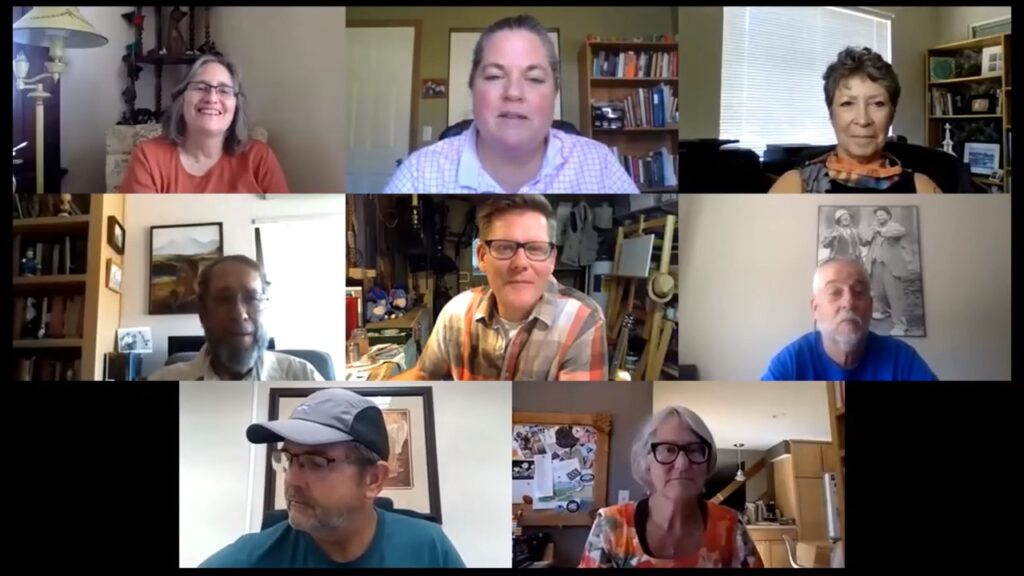Our first dialogue about race and social justice: We discuss our hopes and concerns
I am excited to be part of small group that has launched a year-long series of dialogues to better understand the dynamics of racism and exclusion and discover ways to foster greater belonging.
We’re calling this effort Living Into Inclusivity and our first conversation focused on sharing what our hopes and concerns in undertaking this public endeavor. This is a pastor-driven effort augmented by a couple of us from the community. Opinions expressed are our personal views.

We’ve chosen to share our journey publicly with the thought that others might want to follow along and see how we are wrestling with these issues. We don’t have any intention of telling others how to think about these issues.
In this column, I will attempt to give a flavor of our first conversation — a lively dialogue focused on our hopes and fears for the journey we are taking. Rather than studying these issues on our own, we collectively expressed the notion there is great value in wrestling with challenging issues like racism and social justice in a group format.
As group member Thom Nees put it, understanding bias, racism and exclusion “begins with an inward journey.” Nees is a pastor serving as executive director of Serve Wenatchee Valley.
Sheila Marie, associate pastor at First United Methodist Church expressed the hope that discussing these issues in a public setting will give us the opportunity to “push and ask questions that I might not even look at or even be aware of.”
“I know I will be challenged and maybe can become a little bolder, a little braver,” observed Karen Rutherford, a community leader and former city council member. She also pointed out the value of learning to have uncomfortable conversations and doing so “in a welcoming way so that people will feel safe joining in the conversation.”
James Aalgaard, the pastor at Grace Lutheran Church, took that concept a bit further, saying that by looking at privilege and exclusion, he hopes to better understand “what am I willingly or unknowingly complicitly participating in?” By seeking a deeper understanding, he hopes for a clearer understanding of the barriers others face in our communities and what we can do about that.
Laura Shennum, the pastor at Cascade Unitarian Universalist Fellowship, talked about balancing the role of being a minister with the need to “walk the talk,” or modeling for not only her congregation but also for her three children. “My hope is that by modeling this, people will be encouraged to take (the journey) on themselves,” she said.
As far as fears or concerns go, we talked about
“We’re all God’s people, whether or not we’re Americans,” noted John Coleman Campbell, the pastor at First United Methodist Church. “We don’t all have to like each other,” he added.
We also discussed the lack of a public square in our society, as Aalgaard put it. We struggle with having meaningful and productive conversations on difficult topics.
As Rutherford put it, too many of us become chameleons — gauging what we express to who we are talking to and avoiding hard and sincere conversations. “Where can we give grace to those who have different views than us,” she wondered.
Dave Haven, the pastor at Celebration Lutheran, advanced that theme a bit further. “My hope is that the hearts of people will be moved to love and care passionately about each other,” he said. “The hope is that we can find the souls of people and make connections,” he continued.
Frances Twiggs, the rector at St. Luke’s Episcopal Church, spoke for all of us when she said she hoped that discussion of exclusion and belonging inspires others to follow suit.
This is just a taste of the deep conversation that we had. We hope folks in the community will share this journey with us, ask us questions and offer us feedback and suggestions. Feel free contact us via rufusgwoods@gmail.com.
